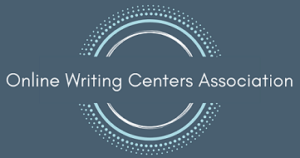Keywords
Written composition, Tutoring, Writing instruction, Writing, Orthodoxy, Idealism, Research studies, Online learning, Modeling, Asynchronous
Abstract
In recent years, scholars within the writing center community have urged for improved research practices within the field. Lore and experience have long been the field’s guiding influence. In response, many writing center professionals have called for action, rightly suggesting that rigorous research will invigorate the field. Lore has its place in informing scholarship, as others have pointed out (Babcock & Thonus, 2012; Gillam, 2002; Gillespie, 2002; Sosnoski, 1991). But reliance on lore alone leads to missed opportunities and can result in scholarly stagnation (Eodice, Jordan, & Price, 2015; Wcenter threads; calls for action lodged over and over indicating that the call is going largely unanswered). Discussions surrounding the format of asynchronous online tutoring exemplify the shortcomings of relying on lore alone; a format that could have represented an innovation has instead been largely relegated to the sidelines of the field. This article traces the conversation surrounding asynchronous online tutoring in order to demonstrate the divide that occurs when the field relies on lore. Then, it will offer a narrative of the potentials afforded when writing center professionals embrace the possibilities that result from interrogation of the field’s assumptions through research-based scholarship. The article concludes with one example of a research-based study exploring the format of asynchronous online tutoring, and a discussion of how this research can begin to dispel the lore surrounding it.
Citation Information
Type of Source: Journal Article
Author: Kathryn Denton
Year of Publication: 2017
Title: “Beyond the Lore: A Case for Asynchronous Online Tutoring Research” (available through JSTOR)
Publication: The Writing Center Journal, Volume 36, Issue 2
Page Range: 175-203
